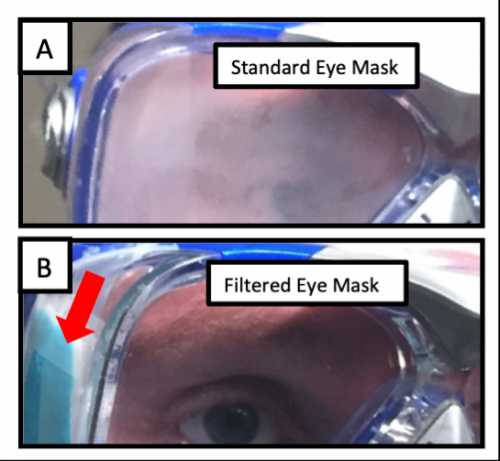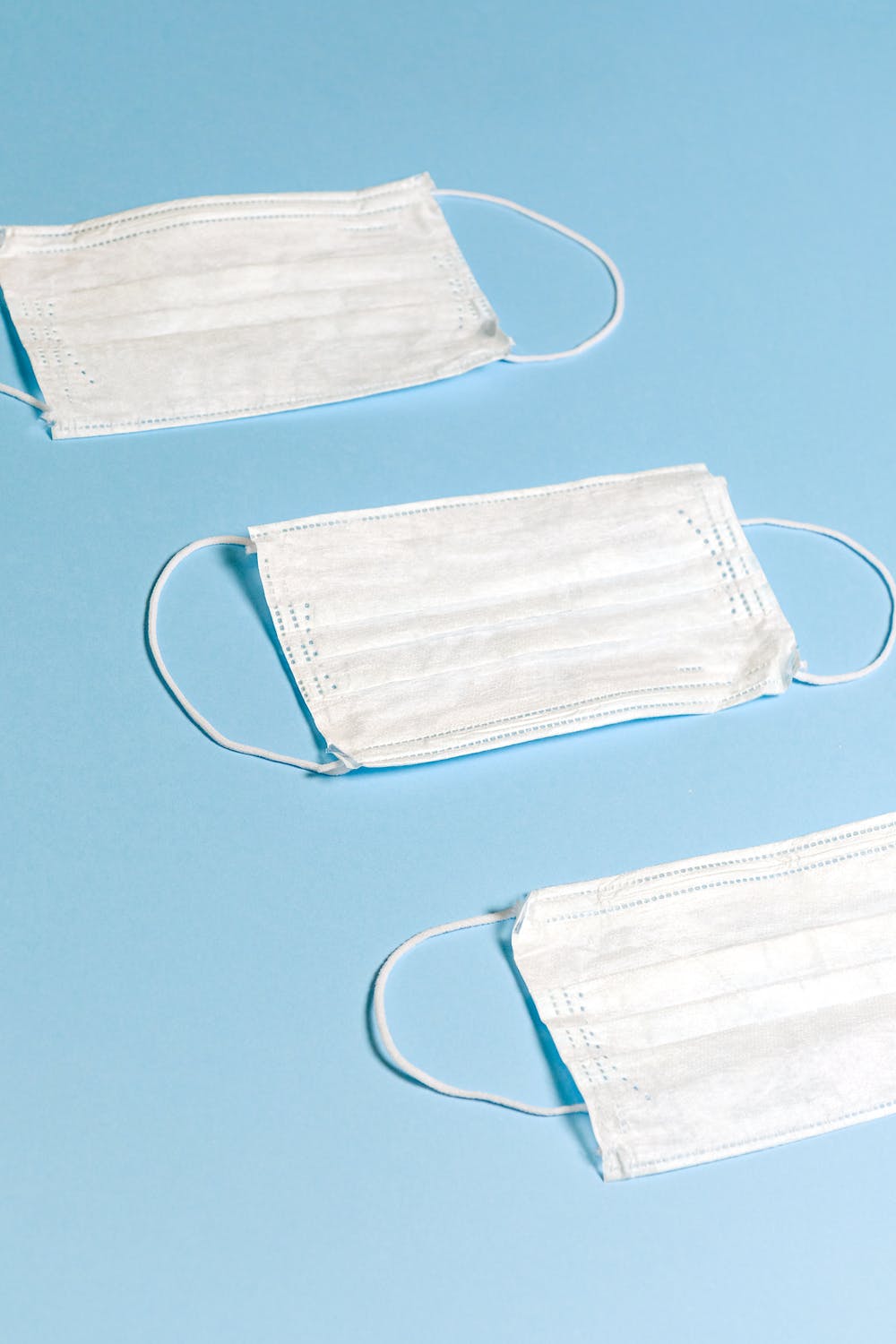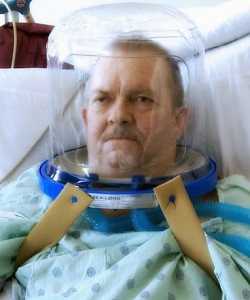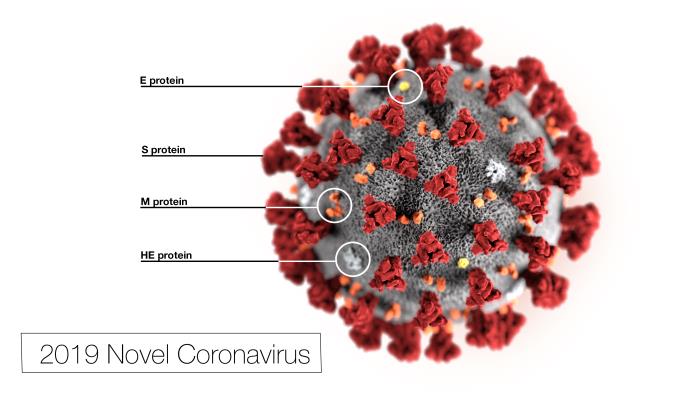Author Interviews, C. difficile, Gastrointestinal Disease, Imperial College, Infections, Transplantation / 30.04.2020
Fecal Microbiota Transplant For Multi-Drug-Resistant Organisms: Improved clinical Outcomes Beyond Intestinal Decolonization
MedicalResearch.com Interview with:
Prof. Julian Marchesi PhD
Professor of Digestive Health
Faculty of Medicine, Department of Metabolism, Digestion and Reproduction
Dr. Benjamin Mullish PhD
Faculty of Medicine, Department of Metabolism, Digestion and Reproduction
NIHR Clinical Lecturer
Imperial College London
MedicalResearch.com: What is the background for this study?
Response: Many patients are colonized with bacteria that are resistant to nearly all the antibiotics that we currently have. This antibiotic resistance is a huge public health problem, not least because it may lead to the scenario where a bacterial species moves from the gut and into the bloodstream, causes an infection, and cannot be treated. Such scenarios particularly occur in patients who are particularly prone to getting multiple and frequent courses of antibiotics; this may include patients with particular kidney conditions (who may be vulnerable to recurrent urinary tract infections (UTIs)), and patients with blood cancers (such as leukaemia, who have weak immune systems and are therefore prone to infections).
Furthermore, in both sets of patients, to help treat their disease, they may be offered transplants, either a new kidney or new bone marrow. When this transplant happens, the clinician needs to ‘switch off’ their immune system to allow the transplant to work. When the immune system is dialled down, it can no longer stop any invading bacteria, increasing the chance of antibiotic resistance bacteria causing infections, which frequently leads to patient death. (more…)



















![MedicalResearch.com Interview with: Melissa Bondy, PhD Chair, Department of Epidemiology and Population Health Stanford University MedicalResearch.com: What is the background for this study? Response: Faculty researchers in Stanford’s Department of Epidemiology & Population Health and collaborators from Baylor College of Medicine and Stanford’s Department of Dermatology developed an online survey aimed at rapidly assessing public concerns about the COVID-19 crisis. This survey, which was posted on 3 social media platforms (Twitter, Facebook, and Nextdoor) on March 14, 2020, collected invaluable data about COVID-19, including symptoms, concerns, and individual actions taken by respondents. Twitter and Facebook posts were sharable to facilitate snowball sampling. The survey was comprised of 21 (multiple-choice, single-choice, numeric, and open-ended) questions, which were designed to collect data concerning respondent demographics and recent cold and flu-like illnesses (if any), as well as information about participants’ concerns and any lifestyle changes that occurred as a result of the COVID-19 crisis. All questions were optional, so response rates were variable. MedicalResearch.com: What are the main findings? Response: 9009 surveys were completed within a 48 hour period, between March 14 and 16. A majority were very or extremely concerns about COVID-19, though concern varied by age. Most respondents reported making lifestyle changes in response to COVID-19. The most common changes were more hand washing, avoiding social gatherings, and stockpiling food and supplies. About half of respondents were self-isolating most of the time before shelter-in-place orders, and leaving the house only to buy food and essentials. Respondents who were not self-isolating all of the time, before the shelter-in-place order, most commonly listed not being able to afford missing work as the reason. The top concerns reported by survey participants were getting sick because of COVID-19 and not being able to get medical care. The most common difficulties reported were obtaining hand sanitizer, food, and childcare. MedicalResearch.com: What should readers take away from your report? Response: This convenience sample survey distributed in mid-March 2020 across 3 social media platforms reflect respondents’ serious concerns about COVID-19. They were preparing for the crisis by washing hands, isolating at home, and practicing social distancing to the best of their abilities. Levels of concern about COVID-19 varied by age groups. Participants expressed the most common difficulties included getting sanitizer or food, arranging childcare, and lost wages or reduced working hours. MedicalResearch.com: What recommendations do you have for future research as a result of this work? Response: Groups who are generally known to be underrepresented in social media, particularly men and older individuals, were underrepresented among survey participants. Few respondents reported concerns about their employment, but the study did not collect information about participants’ socioeconomic status (and was likely high). Our future work will expand geographic representation among survey respondents, with greater focus on longitudinal trends on the health, financial, and social concerns in the United States regarding the COVID-19 pandemic. No disclosures or conflicts of interest. Citation: Nelson LM, Simard JF, Oluyomi A, et al. US Public Concerns About the COVID-19 Pandemic From Results of a Survey Given via Social Media. JAMA Intern Med. Published online April 07, 2020. doi:10.1001/jamainternmed.2020.1369 https://jamanetwork.com/journals/jamainternalmedicine/fullarticle/2764368?guestAccessKey=cd7f419d-b177-44d2-86b2-c3e0254b3152&utm_source=For_The_Media&utm_medium=referral&utm_campaign=ftm_links&utm_content=tfl&utm_term=040720 [subscribe] Last Modified: [last-modified] The information on MedicalResearch.com is provided for educational purposes only, and is in no way intended to diagnose, cure, or treat any medical or other condition. Always seek the advice of your physician or other qualified health and ask your doctor any questions you may have regarding a medical condition. In addition to all other limitations and disclaimers in this agreement, service provider and its third party providers disclaim any liability or loss in connection with the content provided on this website.](https://medicalresearch.com/wp-content/uploads/2020/04/Melissa-Bondy.jpg)





